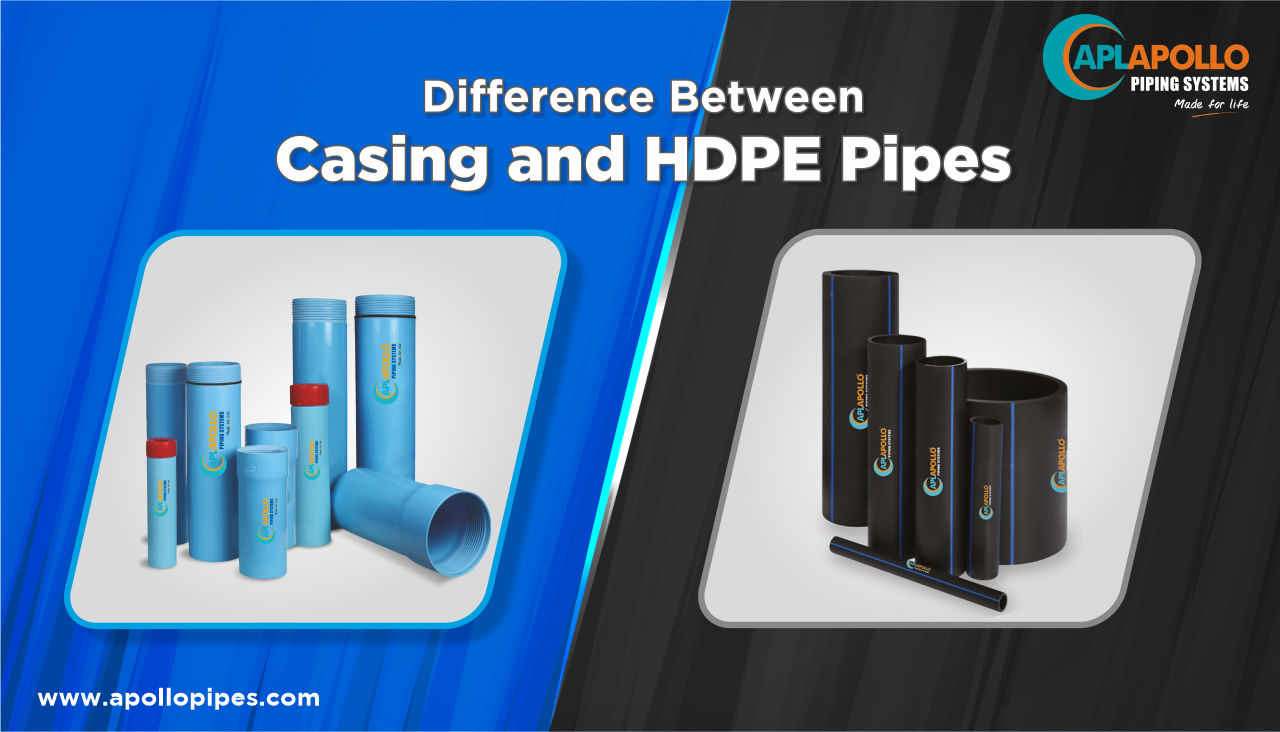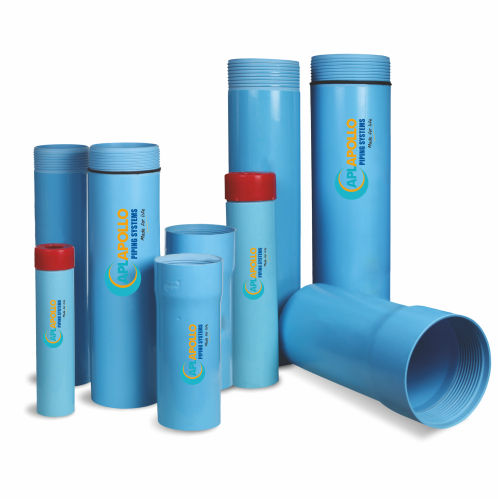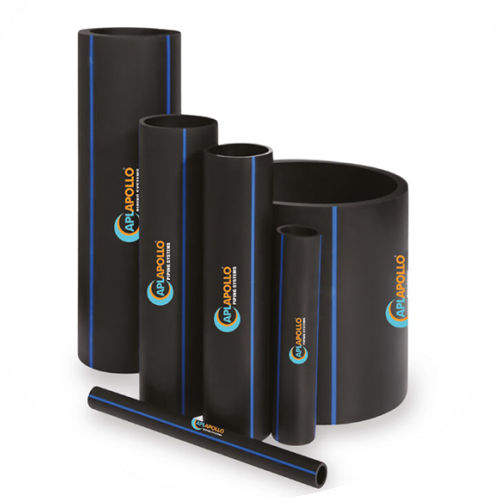Exploring the Durability and Longevity of Ultima PVCO Pipes
Ultima PVCO pipes are a type of pressure pipe manufactured from a specially formulated polyvinyl chloride (PVC) compound. These pipes undergo a unique molecular orientation process during manufacturing that enhances their mechanical properties....Difference Between Casing And HDPE pipes

Different types of pipes are used in building construction works for various purposes like water distribution, drainage, waste disposal made of different materials, and so on. That is why pipes are in such great demand everywhere. Earlier pipes were made of metal and concrete, and their installation and maintenance costs were very high. These negative aspects paved the way for the emergence and manufacturing of plastic pipes.There are various kinds of pipes, and of these, casing pipes and HDPE pipes are very popular.Casing pipes are used for protecting borewells.HDPE pipes are highly resistant to abrasion and suitable for transporting drinking water, slurry, boiler ash, ores, beach sands, etc.
APL Apollo is one of the leading manufacturers of casing pipes and HDPE pipes. These pipes are manufactured using cutting-edge technology. There is a difference between these pipes, which can be described as follows.
Casing pipes and HDPE pipes
Casing Pipes
Casing pipes are also called "encasement pipes," as they protect and save borewell pipes from getting damaged.These Pipes are an ideal and the best product for the protection of domestic, irrigation, industrial & mining borewells by keeping out the undesired particles and providing clear water from the borewells.
 APL Apollo manufactures these casing pipes from high-quality raw materials and offers high strength and durability. These Pipes offer excellent chemical resistance and they are non-corrosive, durable, and have a longer lifecycle. APL Apollo has the distinction of manufacturing the best quality borewell casing pipes.
APL Apollo manufactures these casing pipes from high-quality raw materials and offers high strength and durability. These Pipes offer excellent chemical resistance and they are non-corrosive, durable, and have a longer lifecycle. APL Apollo has the distinction of manufacturing the best quality borewell casing pipes.
Features of Casing Pipes
The primary responsibility of the these pipes is to protect the borewell. They need to be strong enough to stand the pressure and flow of water. If manufacturing material is not up to the mark, it may result in leakage or bursting of the pipes, creating another array of problems. These pipes are to be lightweight and damage-resistant. The Casing pipes manufactured by APL Apollo have all these features.
Casing pipes must be manufactured without any compromise in choosing the material to keep their quality high. APL Apollo uPVC advanced casing pipes for borewells can withstand the pressure easily and remain in good condition for many decades or years to come. These pipes are resistant to chemicals and oxidation and are easy to install and operate as they possess low thermal conductivity.
HDPE Pipes
HDPE (High-density polyethylene pipe) pipes are widely used to transport or supply potable water, telecom pipes, gas pipes, and sewerage from one place to another. HDPE is a thermoplastic polymer made from petroleum. These pipes are exceedingly rigid, and they are thicker in diameter as compared to casing pipes.
 Features of HDPE Pipes
Features of HDPE Pipes
HDPE pipes are very durable and strong. These pipes are lightweight, strong, long-lasting, and maintenance-free. They remain free from encrustation throughout their life span and provide uniform flow throughout. HDPE pipes manufactured by APL Apollo are physiologically harmless as the pipes are, odourless and cause no bacterial growth. These pipes are easy to mold, and due to their high melting point, it remains hard even at high temperatures. However, once it reaches its melting point, the plastic material can be quickly and efficiently moulded for a variety of uses. The features of HDPE pipes like easy moldability, rigid strength, and corrosion resistance, make it the perfect combination of strength, cost-efficiency, and environmental friendliness. Due to the characteristics of HDPE, it is used for a variety of agricultural, construction, and sanitation applications. These pipes are capable of withstanding high internal and external loads by balancing internal fluid pressure with external soil pressure.


